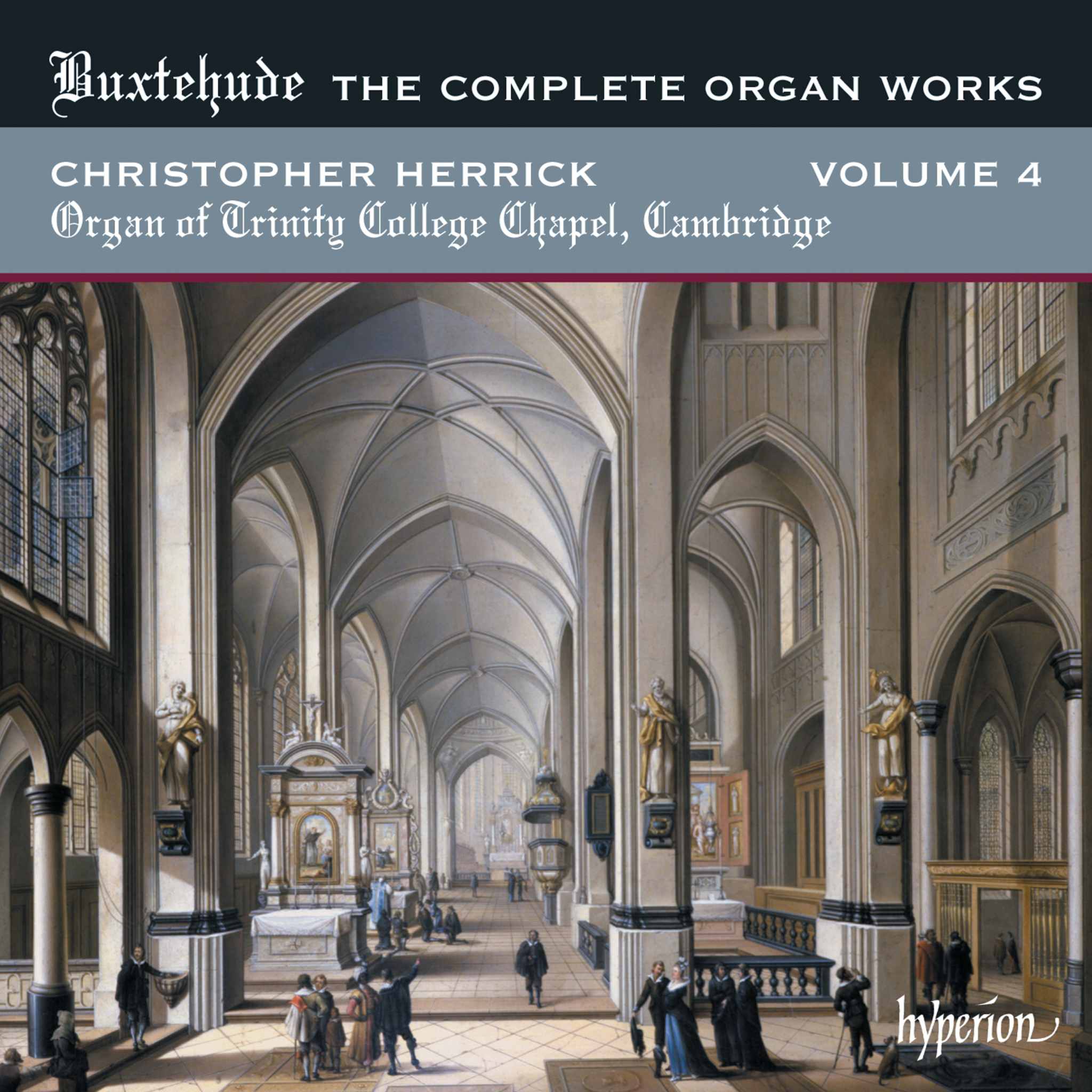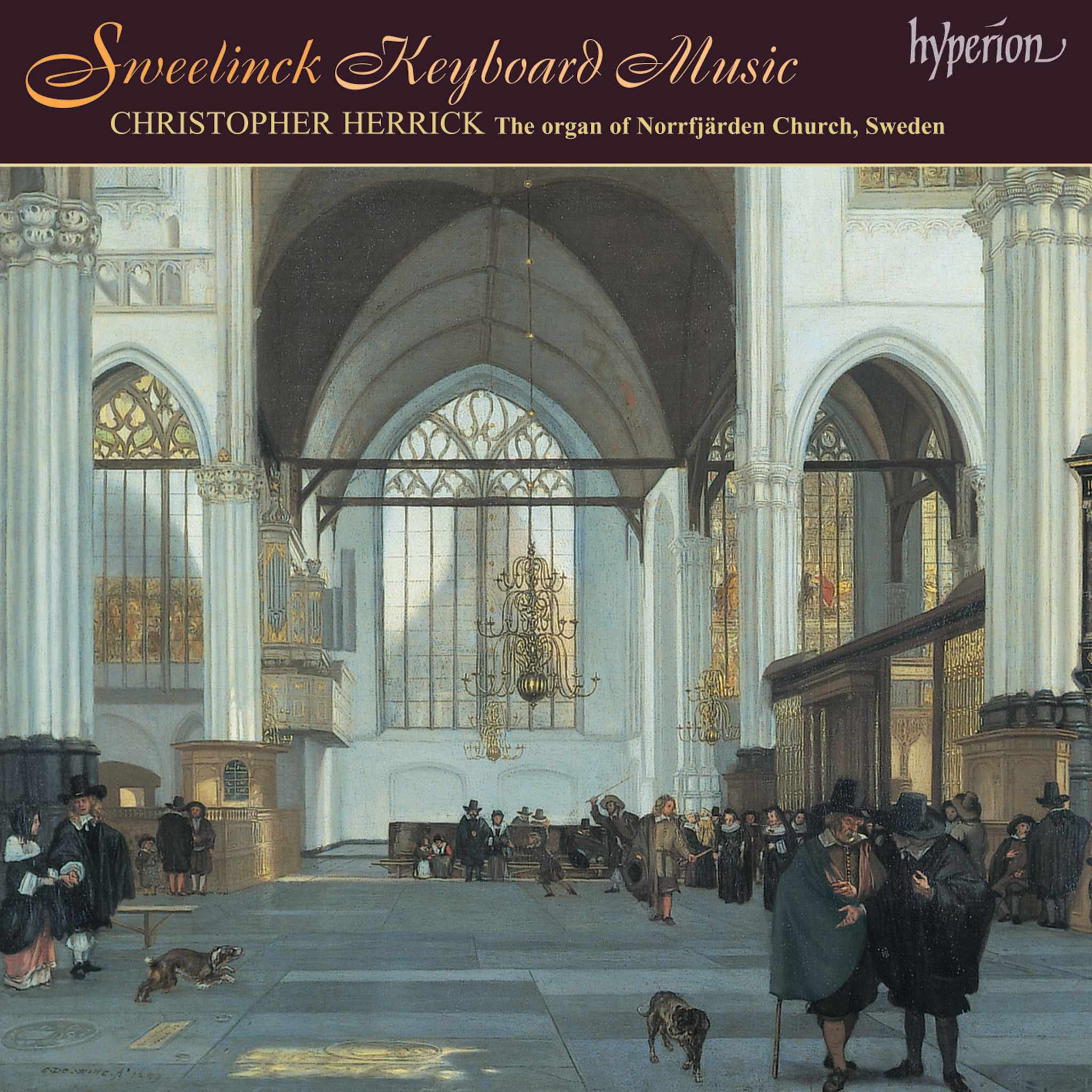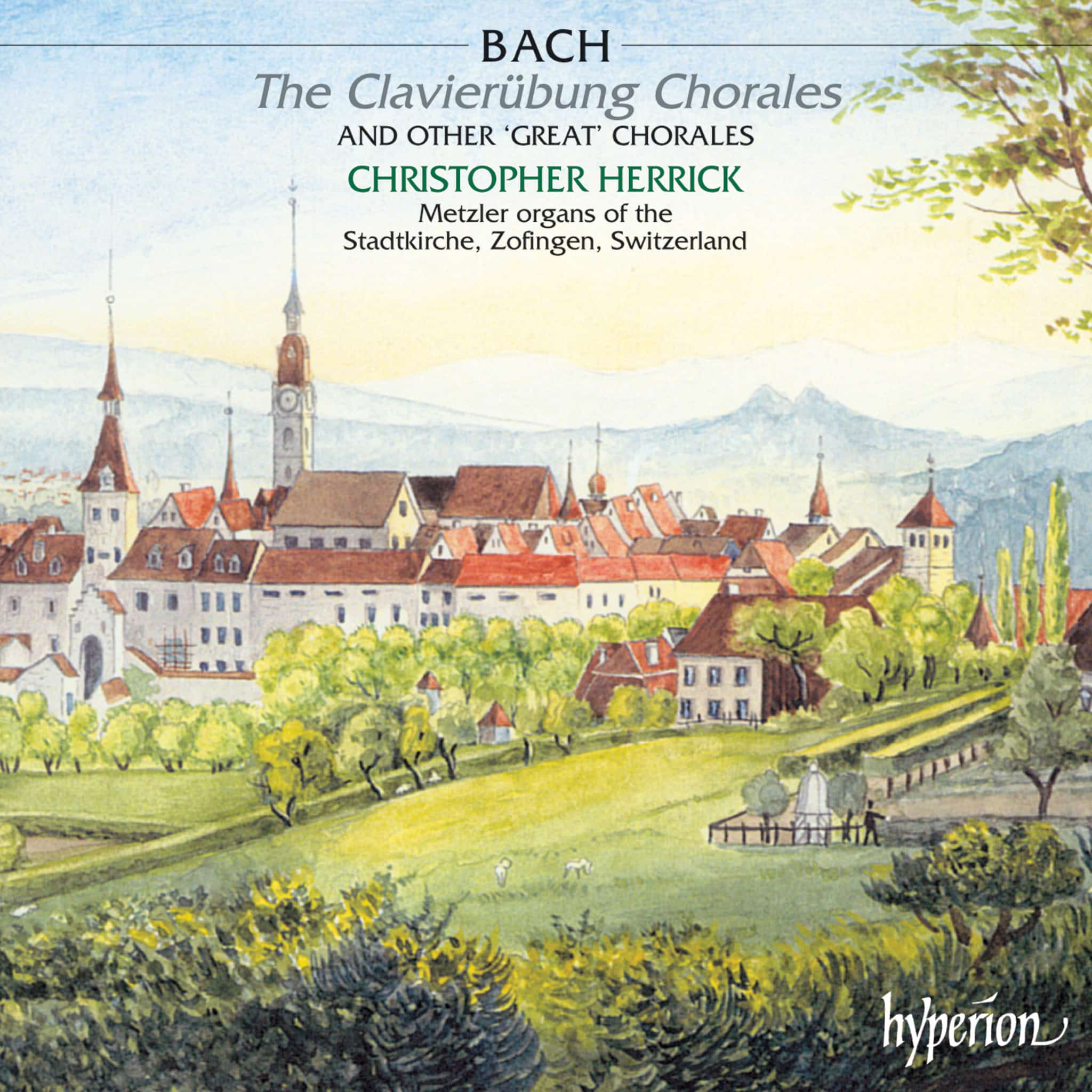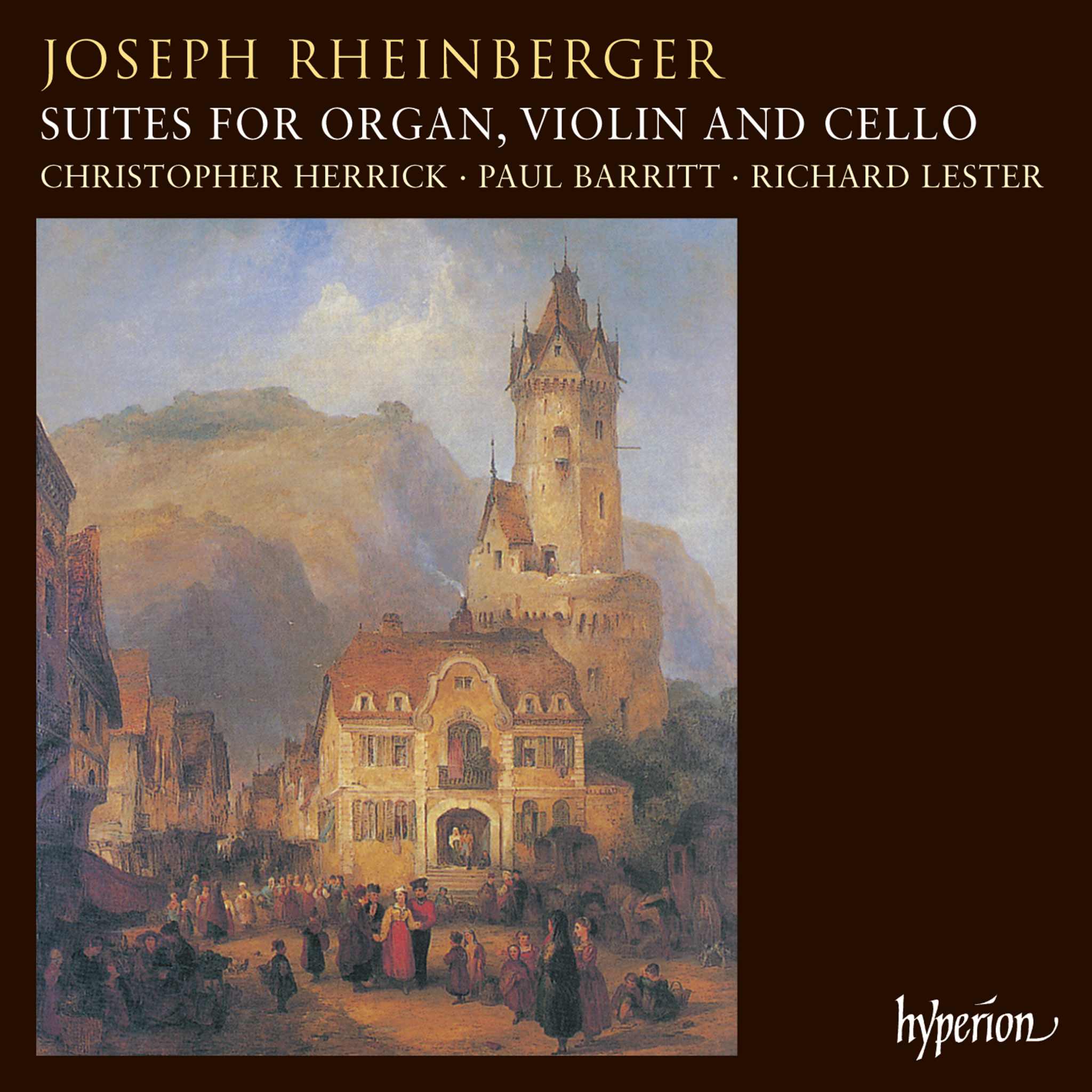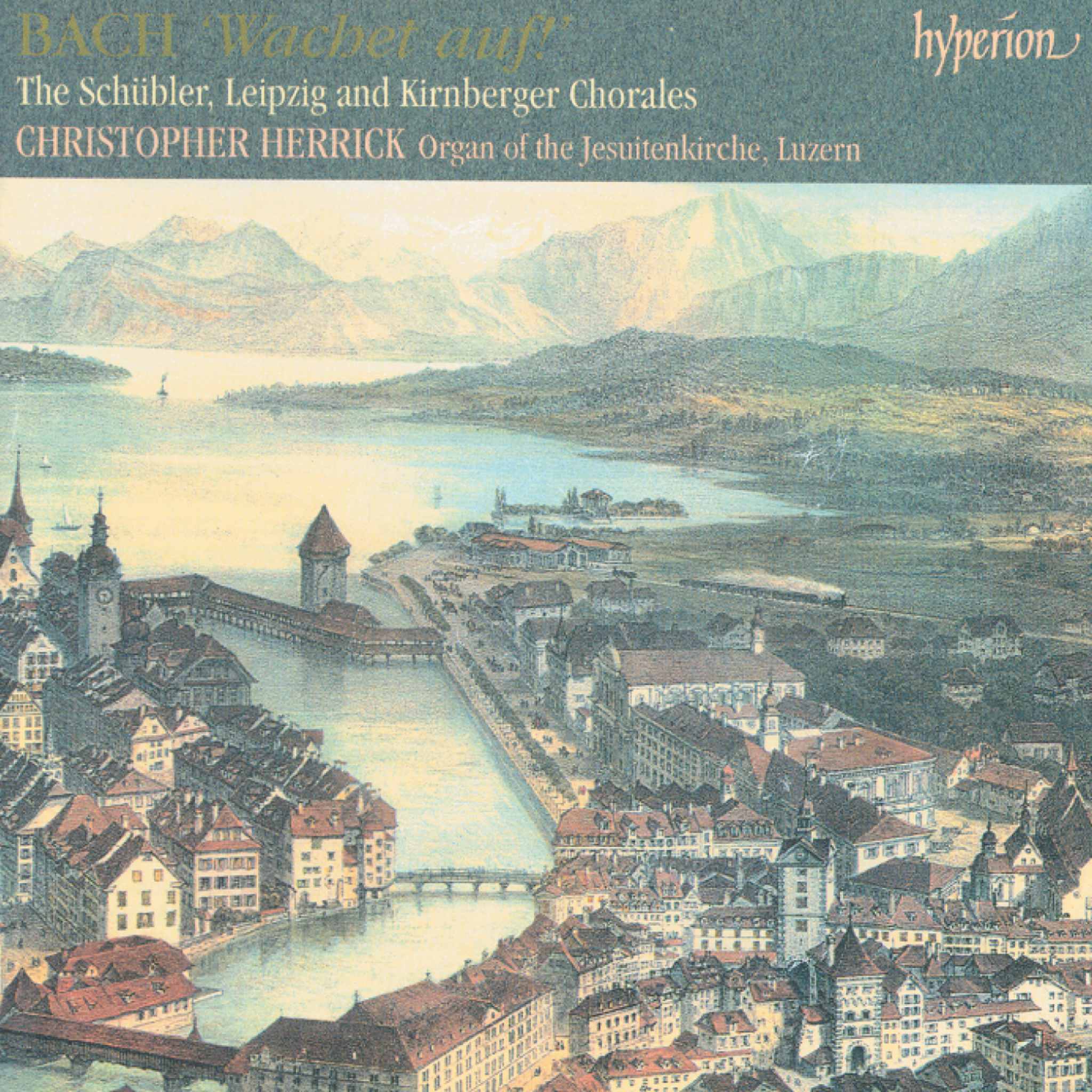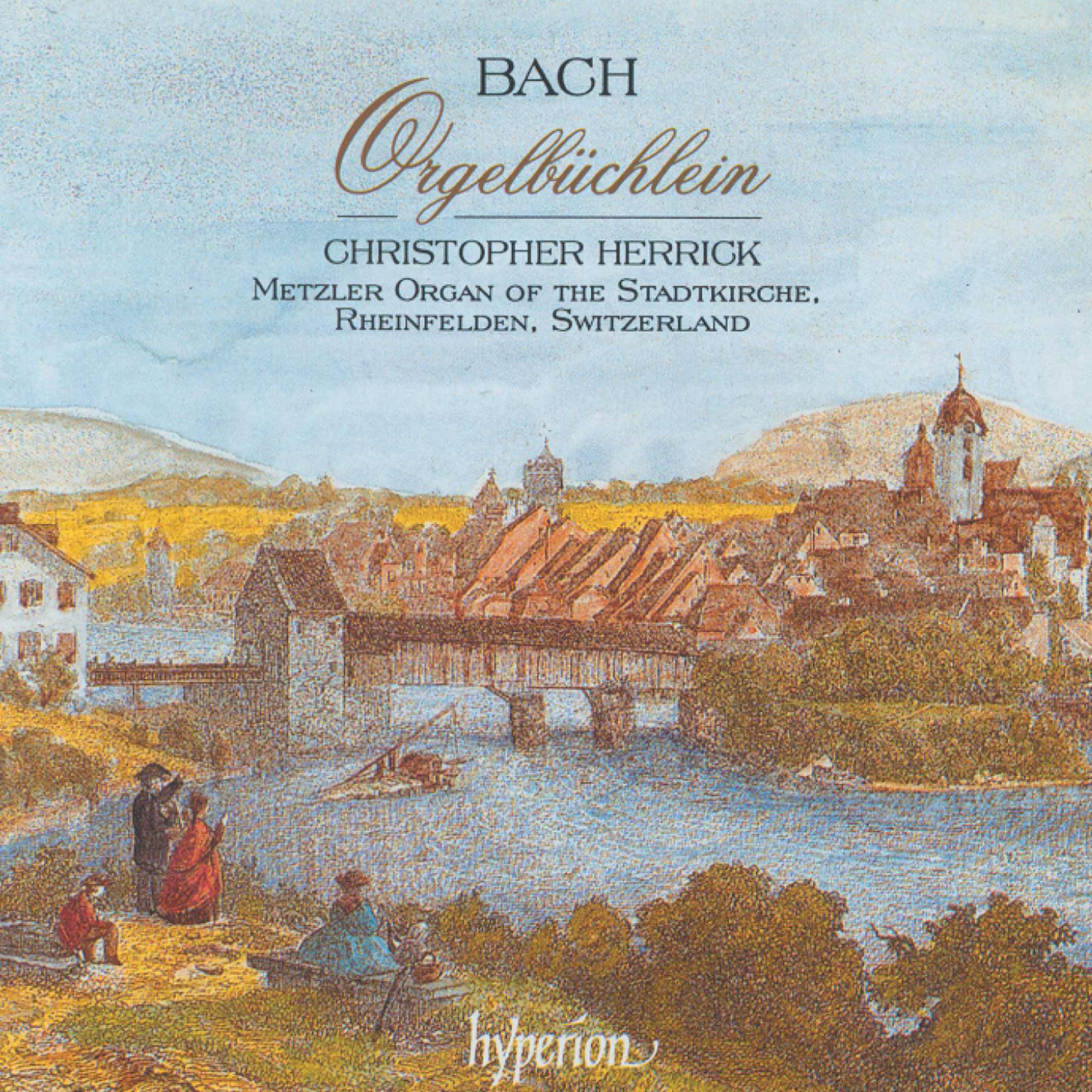The organ inspires contemplation at night. Its touch awakens imaginative visions and brings hidden things to light from the subconscious. It rises like an enchanted island from the darkness—an ever-new, unique world—a quote from Saint-Saëns in 1899.
Born in Stuttgart, Sir Julius Benedict became a successful pianist and conductor. After periods in Vienna and Naples, he settled in London, where he gained renown as a composer, particularly for his opera The Lily of Killarney. His compositions were strongly influenced by Rossini and Italian music. His work March of the Templars, with its distinctive main theme and slow second movement, was magnificently arranged for Westminster Abbey in 1887 by W. T. Best, the organist of St. George's Hall in Liverpool—an arrangement that reflects Best's reputation as an outstanding soloist.
Sir Henry Walford Davies served as organist at London's Temple Church for two decades, beginning in 1898. He then shared the position with George Thalben-Ball for four years before relinquishing it completely in 1923. A student of Parry, Davies received support from Elgar and gained particular renown as a choral conductor and popular radio broadcaster. His most famous piece, the Solemn Melody for organ and strings from 1908, is presented here in an organ arrangement by J. E. West.
William Spark made a name for himself as a composer, but became even more famous for his humorous writings on 19th-century English musical life. After studying with S. S. Wesley in Exeter, he became the city organist in Leeds. The organ he designed for Leeds Town Hall in 1859, together with Henry Smart, was one of the largest instruments in the country at the time. Spark's appointment as city organist following a competition led to controversy in other cities. Here, his work with variations on the hymn melody "Jerusalem the Golden" is presented.
Antoine Édouard Batiste, a popular organist at St. Eustache in Paris, was highly regarded as a soloist and improviser during his lifetime, but later fell into obscurity. His best-known work, the Offertoire in G major, was adapted for English use by William Spark and is characterized by a lively 9/8 time signature.
William Lloyd Webber, a respected soloist and educator, served as organist and director of the London College of Music. His Prelude from the Three Recital Pieces of 1952 demonstrates his compositional skill.
Jean Langlais followed in the footsteps of distinguished predecessors at the Parisian church of Sainte-Clotilde. His Hommage à Frescobaldi of 1951, in eight movements, pays tribute to the 17th-century Italian master and is inspired by his compositional style.
César Franck's Three Chorales testify to musical genius that transcends ordinary soundscapes. These works impress with their unmistakable character and emotional depth.
George Thalben-Ball's Elegy for the Temple Church expresses appreciation for his predecessor, Walford Davies, and incorporates elements of Solemn Melody into something new.
Edward Elgar suffered from the chaotic premiere of his work Dream of Gerontius, but later achieved fame through successful performances. Herbert Brewer's organ arrangement of The Angel's Farewell celebrates the musical quality of Elgar's work.
Charles-Valentin Alkan's Prières and Préludes, arranged by César Franck, demonstrate Alkan's multifaceted talent as a composer.
Stephen Westrop © 1998





